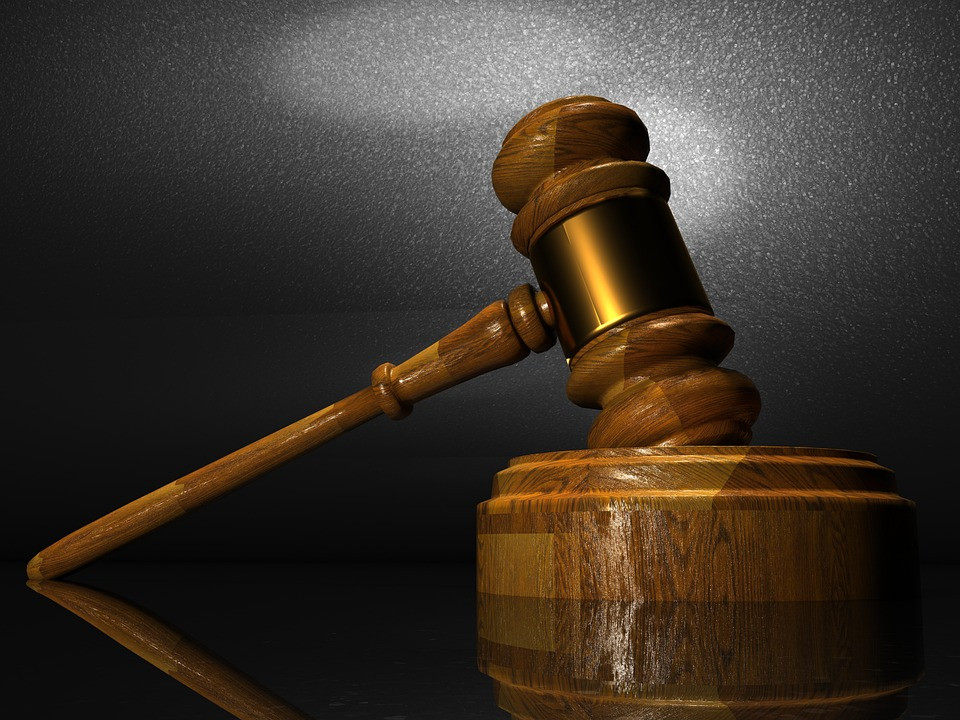
Q: I got into it with a guy at a bar and we both were arrested. There are two witnesses who are clear this other person was wasted and started it, and that I was defending myself. But the police confiscated my cell phone. I want to know can they just go through it for any reason?
M.O., Tustin Ranch
Ron Sokol
A: The United States Supreme Court has ruled that the police may only search your cellphone when they have your consent or a valid search warrant. As to your consent, it has to be provided freely and voluntarily (not coerced). As to a search warrant, the police are to only search the phone identified and to focus on the evidence described in the warrant.
There may, however, be exigent circumstances that permit a search without warrant or consent: If the police have to search a phone quickly to prevent bodily harm or imminent danger to someone; to prevent the destruction of evidence of a crime; or to prevent the escape of a fleeing suspect. The exigent circumstances are to be carefully assessed to make sure they are legitimate.
Q: A friend of mine was driving. He had a bit to drink, got pulled over and by the time it was done, was arrested. Among other things, they took his cell phone. That’s legal?
G.N., Inglewood
A: Research indicates that the police generally can seize a cell phone, if a person is legally arrested. They can do so without a warrant. This does not mean they can search the phone, absent exigent circumstances as discussed above. The police could apply for a search warrant, if they have probable cause to believe the cell phone holds evidence of a crime.
Q: If I am pulled over by the police and asked for my cell phone, am I required to turn it over?
B.V., Long Beach
A: I think this question is best answered by a criminal law specialist who can talk out with you the circumstances involved. For example: Why were you pulled over? Was there some dialog with the officer that led him or her to ask for your cell phone?
My knee jerk reaction — and that’s all I can provide with such limited information — is that you may politely refuse to turn over your cell phone. If you consent, and the officer deems that you have agreed your cell phone can be searched, then whatever is found on your cell phone could possibly be used against you.
Ron Sokol has been a practicing attorney for over 40 years, and has also served many times as a judge pro tem, mediator, and arbitrator. It is important to keep in mind that this column presents a summary of the law, and is not to be treated or considered legal advice, let alone a substitute for actual consultation with a qualified professional.
Related Articles
What can I do if I am the victim of identity theft? Ask the Lawyer
Could Donald Trump pardon himself as president? Ask the Lawyer
The lease says no pets, but am I allowed to have an emotional support dog? Ask the lawyer
